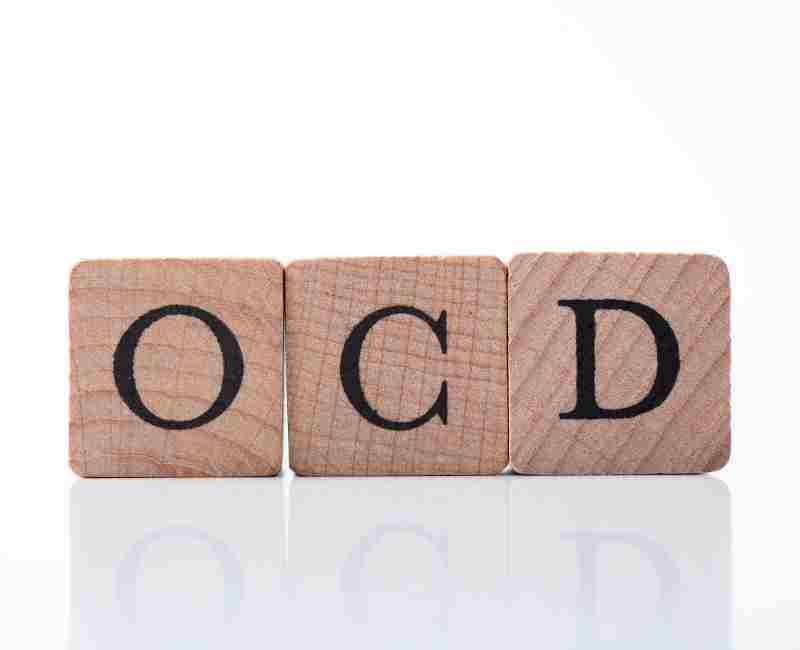Understanding the Psychology of Stinginess: How Can One Comprehend?
Understanding the psychology of stinginess is essential for grasping the intricacies behind why certain individuals, colloquially referred to as stingy people, exhibit reluctance when it comes to sharing their resources or displaying generosity. Stinginess is a behavioral trait commonly associated with an unwillingness to part with one’s money or resources, whether tangible or intangible. However, beyond the surface-level perception […]
Understanding the Psychology of Stinginess: How Can One Comprehend? Read More »









